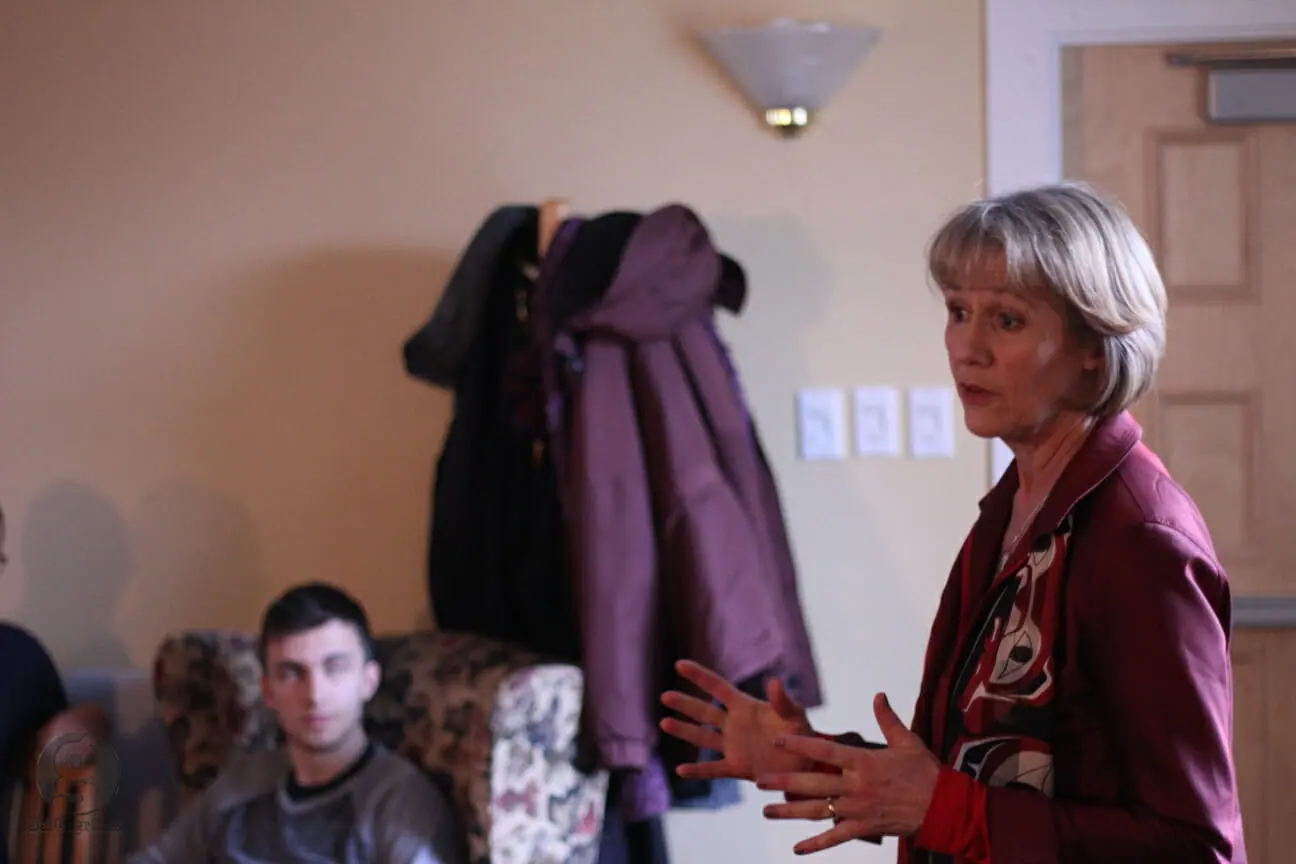
Liberal Party leadership candidate Joyce Murray met with students at the University of King’s College campus after a debate in Halifax on March 3. The Gazette sat down with her and discussed proportional representation, the arts, and inter-provincial barriers for selling wine, among other things.
Gazette: If elected Prime Minister, how would you stimulate Canada’s arts industry?
Murray: Well first I would make it a priority, because it is. And the Liberals have said that we’ve doubled the funding to the Canada Council, but I think that doesn’t all reach where it needs to go. So, I’ve been talking about funding that goes directly to the municipalities and communities to support their local arts scene, as well as the Canada Council.
I guess all I can say is, I’ve got one of my three children who is living in the arts scene. He’s a rap educator in New York and a performer. And I’ve also been an artist and performer in my own right, and I think it’s important.
G: What current Conservative policies do you agree with?
M: It’s not so much which ones, but there are parts of some bills that the Liberals agreed with, but there would always be some poison pills in them. So, it’s been difficult over the years because we end up voting against something that has things we totally disagree with. There’s probably some in the immigration zone that are about closing loopholes and reducing the ability to cheat. I mean, in our society we want to make sure that there are good rules and that people respect them, but by and large things that have been done on the immigration front that have been frankly anti-immigrant.
I want to make the point that there’s a private members bill, which the Conservative government supported, that was to eliminate the inter-provincial barriers for selling wine. So, if you have a winery in British Columbia and somebody wants to buy a box of wine and drive it home to Alberta, and before they couldn’t do it. And so, now they can do it. I mean there’s been some other border stuff as well, where they’re trying to harmonize the units and the sign-offs on goods that are going across the border in both directions, so that companies don’t have to do two whole sets of regulatory approval. So, there are a number of things I think our parties can agree on.
G: Through what initiatives would you support women in small business?
M: Essentially, what I’m saying is that we need to encourage women’s participation and advancement in our society. And a lot of start-up businesses already are businesses that are owned or run by women. I think there are some barriers that are unique to women. I mean, women do still have the primary role in caring for elders in the family. They do still have the primary role in caring for children in many families, not all families. So, a way to support women to do a business they can do out-of-home means that they can do the other things that are the reality of a woman’s life, and have economic self-reliance as well.
Murray on her plans for proportional representation:
M: The way I see that happening is that the Liberals nominate a candidate in every riding, and then the riding associations that want to have a transparent democratic arrangement, or a run-off among the progressive parties do that. A bit like Hilary Clinton versus Barack Obama, so that’s there’s only one progressive going against John McCain.
On convincing the other candidates, right now we have a choice here. I mean, people can choose a candidate who believes they’re going to be able to bring this party up from 35 seats to 160, or whatever territory we need to be in to defeat Stephen Harper.
G: What other candidate do you think is closest to your own views, and why?
M: There are three MPs in the race. I work with both of them, and I have lots of respect for them and I have been pleasantly surprised by the capabilities and the intelligence and the ideas of the other candidates as well. I think we can all work together.
This interview has been edited for clarity and length.

Recent Comments